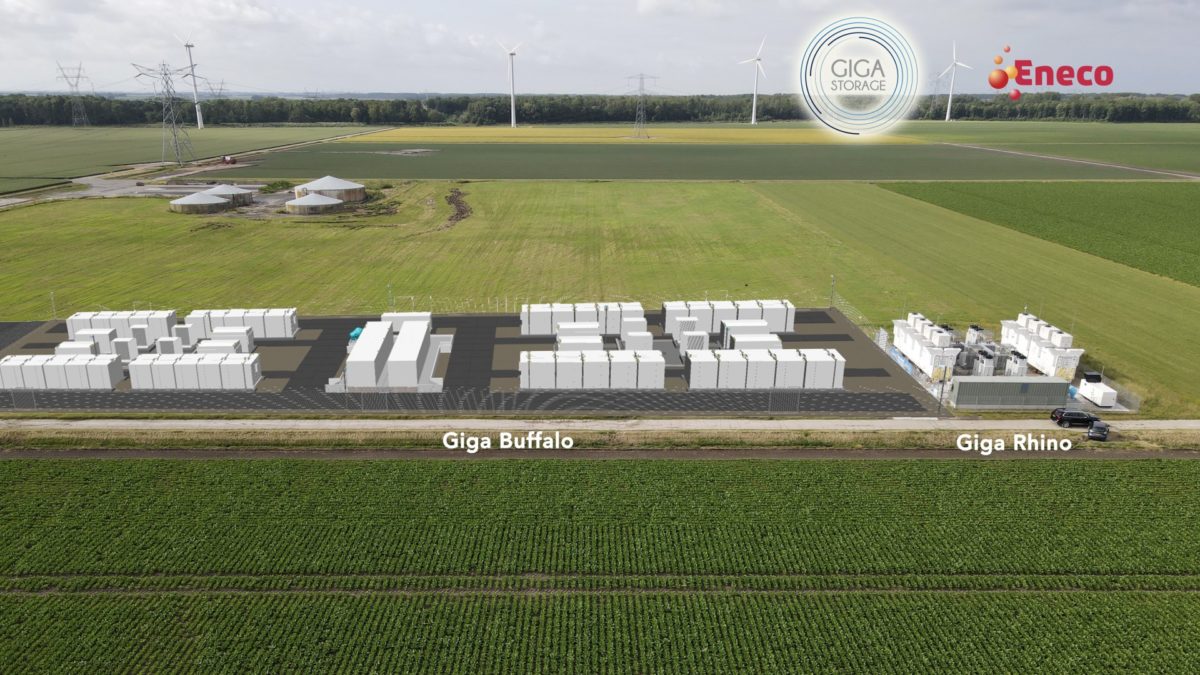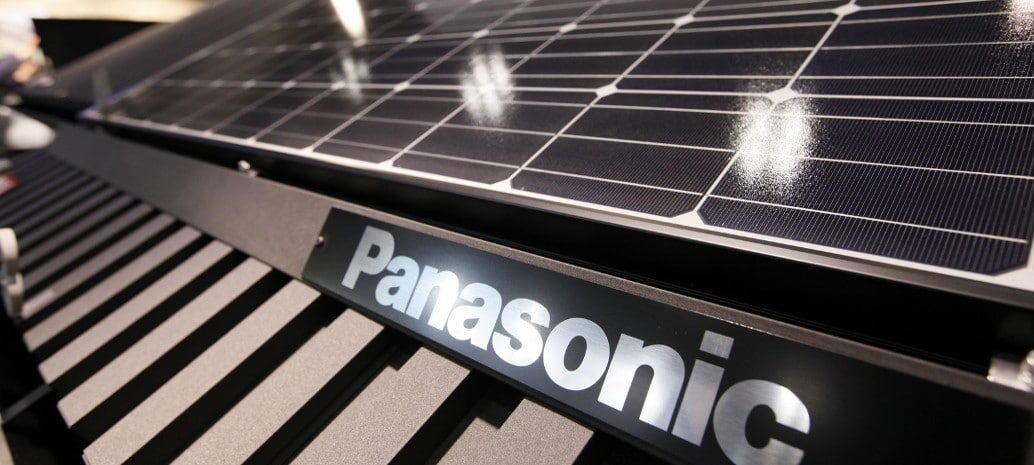In its first foray into the Dutch energy storage market, Finnish technology group Wartsila will deliver the country’s largest battery system to date. The 25MW/48MWh system, called the Giga Buffalo battery, will be supplied to energy utility Eneco and local developer GIGA Storage BV and co-located with wind and solar assets in the province of Flevoland.
Touted as the first large-scale energy storage project based on lithium iron phosphate (LFP) chemistry in Europe, the Buffalo battery is expected to become operational in October 2022. The system will be located close to the Wageningen University & Research and will be connected to the local Windnet smart grid.
As announced earlier this year, Eneco will use the battery to forecast supply-demand errors on the intraday trading market. The battery will also allow the addition of more renewables to the grid, regulate frequency and improve revenues. Together with Giga Storage BV, Eneco previously deployed the 12 MW Giga Rhino battery that relies on technology provided by NEC Energy Solutions at the same site.
The deployment of such utility-scale batteries could alleviate the increasingly serious bottleneck issues the Dutch grid is facing. Electricity transmission system operator Tennet has been issuing network congestion warnings caused by the “rapid growth of wind and solar farms” and has even considered offering large-scale solar power generators incentives to reduce their output or power down entirely.
In order to do its bit towards the government's goal of reducing greenhouse gas emissions by 49% by 2030 compared to 1990 levels, and 95% by 2050, the battery deployment will need to also pick up pace at the residential and commercial level. A recently published white paper from Netbeheer Nederland, the Dutch association of national and regional electricity and gas network operators, and the Netherlands' association of energy storage technology providers, Energy Storage NL, found that a faster phasing out of the net metering scheme combined with a rebate program for storage systems would make it possible to bring battery technologies to commercial maturity in the Dutch market as early as 2023.
According to the two associations, if these rules are not amended and no incentives provided for storage, residential and commercial batteries may not reach commercial maturity in the Netherlands until 2028. If, instead, a rebate scheme covering 30% of the costs for buying and installing a battery is introduced, storage could already become viable by 2023.
This content is protected by copyright and may not be reused. If you want to cooperate with us and would like to reuse some of our content, please contact: editors@pv-magazine.com.




4 comments
By submitting this form you agree to pv magazine using your data for the purposes of publishing your comment.
Your personal data will only be disclosed or otherwise transmitted to third parties for the purposes of spam filtering or if this is necessary for technical maintenance of the website. Any other transfer to third parties will not take place unless this is justified on the basis of applicable data protection regulations or if pv magazine is legally obliged to do so.
You may revoke this consent at any time with effect for the future, in which case your personal data will be deleted immediately. Otherwise, your data will be deleted if pv magazine has processed your request or the purpose of data storage is fulfilled.
Further information on data privacy can be found in our Data Protection Policy.